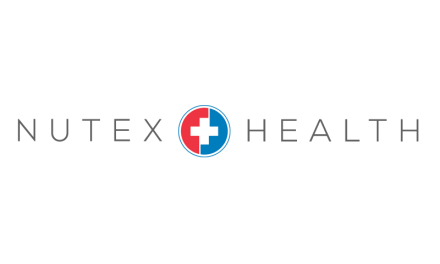
ETF: COVID-19 to impact state employee health plan rates

The Department of Employee Trust Funds predicts that the COVID-19 pandemic will more significantly impact state employee health plan rates in 2022, although it’s still working to gather a more complete picture.
“Rates we anticipate will be impacted,” Renee Walk, lead policy advisor at the department’s Office of Strategic Health Policy, told board members last Wednesday. “However, we are still determining what the premium change will look like.”
About one in three members of the state employee health plan are at risk for poorer outcomes if they contract COVID-19. The agency estimated that around 78,000 are at risk due to either age or health risks, according to a memo.
They predicted that 16 to 20 members will die from the disease, based on data that came out of New York and Wisconsin. Four members have died, Walk said Wednesday.
Walk said that the modeling they’ve seen from Segal, the Group Insurance Board’s consulting actuary, and IBM Watson Health, the board’s data warehouse partner, suggest the more significant impact will be for 2022 premiums, rather than 2021.
IBM Watson Health estimated a small reduction in claims costs due to deferred elective procedures, followed by an increase as those procedures are rescheduled.
They anticipated a potential 15 percent increase in claims costs in 2021. The model assumed that the agency also will have 40,442 cases reported, more than reported in the state so far.
The department is also talking with counterparts in Minnesota to talk through what their risk model is and how to collaborate on what they expect the impact to be.
It’s also seen a decline in dental claims and costs, given that dental practices are closed or limiting services to urgent or emergency care.
Walk said that they asked health plans for some “back of the envelope calculations” on what impact they saw in March and mid-April.
At that time, health plans saw 333 members gets tests. Fourteen were positive. Less than five were hospitalized and less than five were in intensive care.
Walk said that comes with a “big caveat” as the billing codes used to track COVID-19 were only available in mid-April, meaning the data was likely incomplete.
Plans in aggregate reported 6,125 telehealth visits, around three to four times more than the entire number reported last year, according to Walk.
“Telehealth has increased dramatically,” Walk said. There’s also an increased use in mail order pharmacy, which is cheaper for members, she said.
The pandemic has led to delays in elective procedures that could result in “deterioration,” like knee and hip replacements that aren’t necessarily urgent but need to be addressed eventually, Walk said.
Failure to address some of that care could lead to increases in opioid use, she said. They’ve also been monitoring depression and anxiety related to isolation and stress related to the pandemic and downstream implications.
The Group Insurance Board also declined to take action on whether to move forward on establishing on-site or near-site clinics for members.
Herschel Day, board chair, said that while it doesn’t seem viable for the current time, they could revisit establishing such clinics down the road.
The Department of Employee Trust Funds’ staff recommended that the board not proceed with using on-site or near-site clinics within the Group Health Insurance Program at this time, based on a review of studies and interviews with local employer groups and other states.
“While there would be potential benefits associated with the introduction of on-site or near-site clinics, there is not strong evidence that cost savings would be realized in a state model,” a memo noted. “In addition, there are a variety of barriers that would make implementation difficult. Implementation would be further complicated considering the increasing fiscal pressures state government is facing due to the recent pandemic.”
Wisconsin Health News is removing the password on all stories related to the coronavirus. For the latest developments follow us on Twitter at @wihealthnews or check out our website. For complete healthcare coverage, sign up for a free trial to our daily email newsletter.





